About
CIP’s Board of Directors
CIP is committed to being a diverse and inclusive organization and believes the planning profession must be genuinely representative of the society in which it works. CIP strives to reflect its membership and that of the Canadian population and strongly encourages nominations from those who will contribute to the diversity of our leadership. CIP is a proud signatory of the Government of Canada’s 50-30 Challenge and offers equal volunteer opportunities to all qualified individuals without regard to race, colour, ethnicity, religion, gender, age, national origin, disability, sexual orientation, or appearance.
The Board of Directors is composed of dedicated volunteers from across Canada, who have been elected by CIP members to provide strategic leadership and oversight.
This includes:
- Establishing and monitoring the Strategic Plan
- Stewarding organizational resources and monitoring risk
- Ensuring adequate governance systems are in place
It is the duty of each Director to represent the best interests of the entire CIP membership, regardless of their region or membership category.
CIP members can access board meeting minutes by logging into the Member Area.

Meet Our Board of Directors
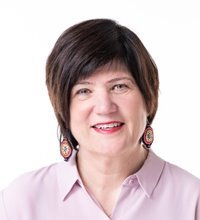
LESLEY CABOTT RPP, FCIP, ICD D
President
Lesley lives and works in Whitehorse, Yukon. She has worked in communities in the Yukon, Northwest Territories, Nunavut, Newfoundland and Labrador, Northern Ontario, Northern Quebec, British Columbia and Saskatchewan. She has completed plans with the federal, provincial and territorial governments, First Nations, Inuit and Metis, municipalities, private industry, and countless community groups through her work in both the private and public sectors. She has an intimate understanding of the specific challenges faced by remote Northern communities and works to support decisions focused on long-term sustainability and resiliency.
In 2022, Lesley was honoured to be selected as a Fellow of CIP for her work with northern and Indigenous communities. Lesley has demonstrated consistent professional leadership, and in particular through her work with Indigenous people. She was a long-term Chair of the Yukon Land Use Planning Council and understands the importance of regional planning for the implementation of modern-day treaties and inherent rights. Over the course of her career, Lesley has provided formal and informal mentorship to many developing professional planners. She has been involved for many years in the Yukon Chapter of the Planning Institute of BC and served as the organization’s President 2019-2021.
Lesley is an experienced board member. She is certified by the Canadian Institute of Corporate Directors from the Rotman School of Business, is the Chair of the Yukon Energy Corporation and a Board member of the Chu Niikwan Development Corporation (Kwanlin Dun First Nation). Lesley also sits on Stantec’s National Inclusion Diversity and Equity Council.
LAURA HARTNEY RPP, MCIP
Vice-President
What are your hopes for the future of the planning profession?
It isn’t so much hope as faith and trust. Every generation of planners has new problems to solve (or we wouldn’t be in business!), and every planner I’ve met has gotten into this profession because they wanted to make their community a better place to live. I trust that won’t change. I have faith that planners will continue to help address complex societal issues because we use collaborative, multi-disciplinary approaches, and community engagement is deeply ingrained in us.
What are a few of your favourite places?
It’s hard to choose – there are so many beautiful places! I’ve lived in southern Saskatchewan for a long time, and I love its open skies and sometimes austere beauty. The South Saskatchewan River Valley that runs through Saskatoon and the Lumsden Valley just north of Regina are spaces that I spend a lot of time in, and I’m always happy to come home to them.
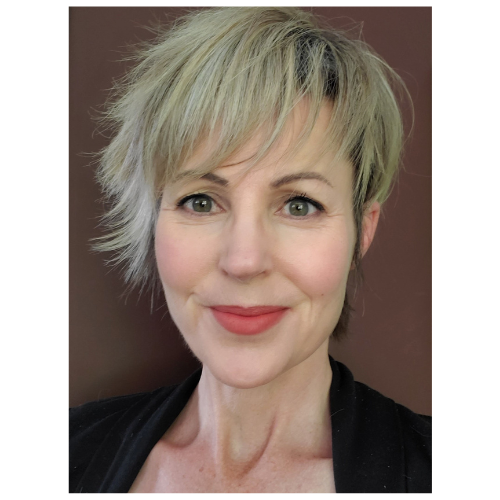
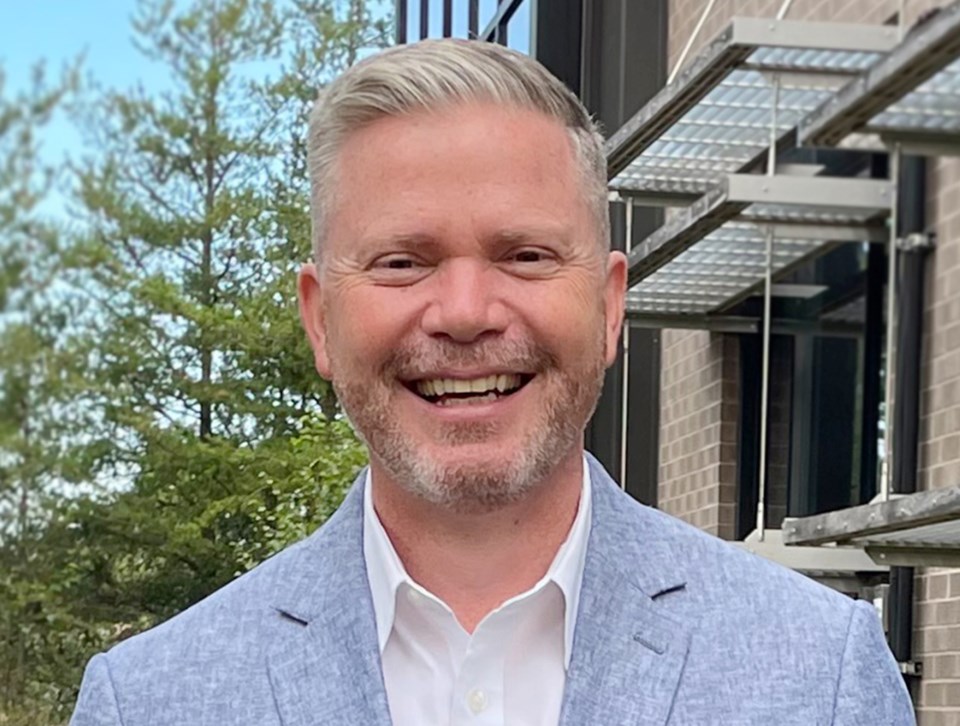
JASON FERRIGAN RPP, MCIP
Treasurer
Jason Ferrigan, RPP, MCIP, MScPl is an award-winning planner with 25 years of progressive experience in the public, private, institutional and non-for-profit sectors. His work has taken him across Ontario and into Quebec, Alberta, the United States and the Caribbean, where he worked on a wide range of assignments. Jason’s efforts have been recognized for excellence and innovation at the provincial and national levels.
Jason is a proven leader who believes strongly in creating high-trust environments that empower and drive conversations, innovation and action. He is motivated to achieve balance between competing interests, deliver results and create positive change. Jason is a Principal Associate and Chief Planner with J.L. Richards & Associates Limited, where he leads the Planning Team and advises public and private clients on projects across Ontario.
Jason is actively involved in the community and planning profession. He is a member of the Canadian Institute of Planners’ Governance Committee and the Health Science North Long Range Planning Committee. He also mentors several planners on their path to professional certification. He was a member of the Rotary Club of Sudbury for several years. He also served on the Council for the Ontario Professional Planners Institute for 8 years, including President-Elect (2015-2017) and President (2017-2019).

Andrew has been an advocate of community planning and planners for the last two decades and is currently Vice President of Advisory Services for the rennie group in Vancouver. At rennie, Andrew provides analytical and strategic planning support for real estate developers, investors, retailers, local and provincial governments, crown corporations, and public agencies. As part of this advisory work, he has researched, written, and presented extensively on topics ranging from shifting demographics and consumer behaviour to regional development and local community planning. This work is informed by Andrew’s BA in urban and economic geography and his MA from UBC’s School of Community and Regional Planning (SCARP).
In his ongoing role as Executive Director of the non-profit Urban Futures Institute (established in 2001), he conducts publicly available research on topics ranging from labour force change and human resource management to housing, health, and aging populations. Most of this research is conducted through the lens of asking: how will these topics be reflected in community change? Following through the threads of that question, Andrew has also taught at the University of British Columbia (Quantitative Analysis for Planners), and often guest lectures at Simon Fraser University, the British Columbia Institute of Technology, and Vancouver Island University.
His long involvement with both CIP and PIBC – from SCARP student representative in 1999 to PIBC President in 2018, with PIBC Secretary Treasurer and Membership Committee Chair, and CIP’s Professional Standards Committee along the way – demonstrate his unwavering commitment to the field of planning and its development.
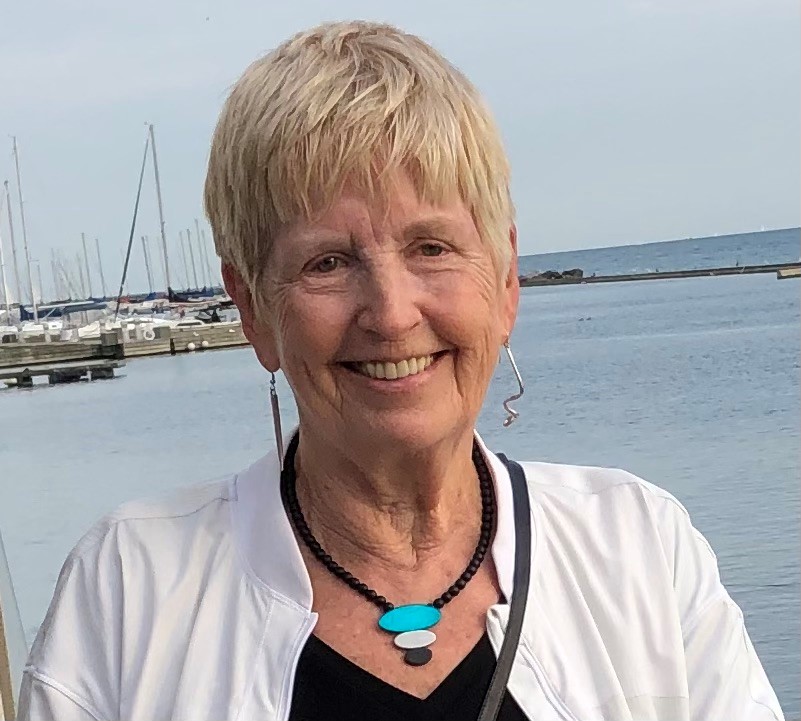

What are your hopes for the future of the planning profession?
That planning practitioners will reflect the diversity of our population. That practicing planners will have the backbone to stand up to the political flavour of the day. That our profession will remain humble in the face of the many mistakes we have made in the past and will probably make in the future.
What are a few of your favourite places?
Berlin; Amsterdam; the Toronto Waterfront and neighbourhood parks.
Which person has most inspired your work in planning?
Saul Alinsky; Larry Susskind; Frank Lewinberg.
Anything else we should know about you?
I went into the field as a community planner and will never cease to advocate for people’s right to be involved in the planning of their communities.

I’m a Senior Planner with Halifax Regional Municipality, where I focus on land use modernization, community engagement, housing and transportation policy, and planning with Indigenous and other equity-deserving communities. After six years with an incredible team at the municipality, I will soon be transitioning to a new role with the provincial government, where I’ll be focused on supporting housing growth.
With a strong commitment to inclusive and sustainable development, I have contributed to key planning initiatives such as the Centre Plan and Suburban Plan, as well as region-wide housing policies aimed at improving housing availability and affordability. I also help lead a peer support group for candidate planners across the province as they navigate the professional licensing process.
Outside of work, I’m actively involved in my community, volunteering on the boards of my curling club and queer curling league. I am passionate about fostering strong community connections, especially in our post-pandemic world. I grew up in a rural community in Saskatchewan, studied planning in Toronto, and now call Halifax (Kjipuktuk) home with my partner Shane and our dog Oliver.

What are your hopes for the future of the planning profession?
I hope planners continue to critically engage in discussions surrounding the historical and ongoing role of planning in the creation of spaces and systems that benefit certain aspects of the environment, economy, and society.
What are a few of your favourite places?
My favourite places sit amongst the tall grasses of the Canadian prairies, the crashing waves of Australia’s Central Coast as well as under the canopy of trees which line the streets I call home.
Anything else we should know about you?
If you are interested in discussing the experiences of students in planning I would love to hear from you. Please feel free to reach out to me via my LinkedIn. Native prairie plants, traveling, and dogs are other interests of mine I enjoy chatting about.

What are your hopes for the future of the planning profession?
I hope for a planning profession that is as diverse as the towns, cities and regions that we are planning for and that engages in a deep process of learning and, more importantly, unlearning our colonial history.
What are a few of your favourite places?
Glasgow, Scotland is probably my favourite city. But as someone who started her career in protected area planning, I should shout-out some provincial and national parks as well. I love Lake O’Hara in Yoho National Park (BC) and Sleeping Giant Provincial Park (ON).
Which person has most inspired your work in planning?
As a planning educator, I think I have to say my students. But seriously, it is such a joy to have the privilege to work with students who arrive at the different Canadian planning schools with all kinds of hopes and dreams for the profession and the kind of changes they can help create in our towns, cities, and regions. The American planning theorist, Howell Baum has referred to planning as “the organization of hope”. Planning students keep me hopeful about our profession.
Anything else we should know about you?
I have lived in quite a few different places and have many stories to share from my time in various Canadian provinces, Saudi Arabia, France, (Arctic) Sweden, Scotland, England, and New Zealand.

Member of the Canadian Institute of Planners (CIP), Mrs. Pantelimon is a Registered Professional Planner in Alberta and Quebec with 15+ years of city planning and management experience across Canada.
Olimpia has been recently recognised by the Institute of Public Administration Canada (IPAC) for excellence in government policy for her leadership on the Subdivision and Development Appeal Board Training Regulation and program. As Senior Planning Advisor with Municipal Affairs, as chair of the CIP Healthy Communities Committee, expert advisor to the Metropolis International Institute, and member of the US Green Building Council LEED for Cities and Communities Working Group, Olimpia has drafted, facilitated and enabled policy and programs development in synergy with federal/provincial departments and agencies. As expert Peer Reviewer for the Federation of Canadian Municipalities (FCM) Green Municipal Fund (GMF), Olimpia has evaluated, and reported on Sustainable Affordable Housing plans, capital projects, and other GMF programs. Olimpia’s expertise, built on superior systems thinking, political acumen, grit, excellent editing skills, technical knowledge and leadership was effective translated in practice while managing interdisciplinary teams to success.
She served on the CIP National Affairs Committee, and as Chair Healthy Communities Committee she facilitated the development of the 2018 Healthy Communities Policy fostering vibrant environments and active lifestyles for all Canadians, and, continued to support the planning community as member and chair of the CIP Awards for Planning Excellence Jury, the CIP Planning Student Trust Fund Jury, the APPI Events and Journal committees, and as Healthy Communities representative for APPI and OUQ.

What are your hopes for the future of the planning profession?
I imagine a future for the planning profession where planners are seen as the brokers of transformative processes and outcomes, and not just obstacles to development. I want to see the planning profession focus on building relationships between people, between spaces.
What are a few of your favourite places?
One of my favourite places is in Mexico City, it is called Audiorama, found in Bosque de Chapultepe, a park in the heart of Mexico City. This space is perfectly quiet and serene, separated from the noise and rapid pace of Mexico City. It’s like stepping into a different world for a brief moment of time.
Which person has most inspired your work in planning?
I don’t think one person has inspired my work most, but, right now, I am most inspired by the youth in Indigenous Communities. Being able to work with them, they get understand that the work being done today will impact their lives 20 years from now, and they want to be involved. They have incredible ideas that they want to see happen, and they are taking incredible steps towards them.
Anything else we should know about you?
I used to work in animation, recording voice over artists for cartoons around the world. I can also find the best coffee shop in any place.

Raida Chowdhury (BES) is a Candidate Member of the Canadian Institute of Planners, and a graduate from the School of Planning at the University of Waterloo. She is working as a Planner at Nethery Planning, focusing on land use policy projects across Ontario. Her previous positions include municipal planning at the City of Kitchener, as well as provincial policy and research at the Legislative Assembly of Ontario.
Throughout her university career, Raida was a champion for Equity, Diversity and Inclusion initiatives. From 2021 to 2023, she was a member of the School of Planning’s EDI Committee, where she helped to establish and implement the School’s first Statement of Values, in collaboration with students and faculty. She was also an EDI Consultant for the University’s Centre for Career Development, where she aided the Centre in rewriting a Professional Development course related to equity in the workplace. For several terms, she served as a Teaching Assistant and Peer Mentor, which allowed her both formal and informal mentoring opportunities with other marginalized student planners, particularly women of colour.
She is a proponent for progressive (planning) policy, demonstrated through her work in expanding lodging house permissions in the City of Kitchener. She is also an active member of her community as a volunteer for environmental and housing justice organizations. In both a professional and personal capacity, Raida believes in the duty to help foster equitable environments and communities.
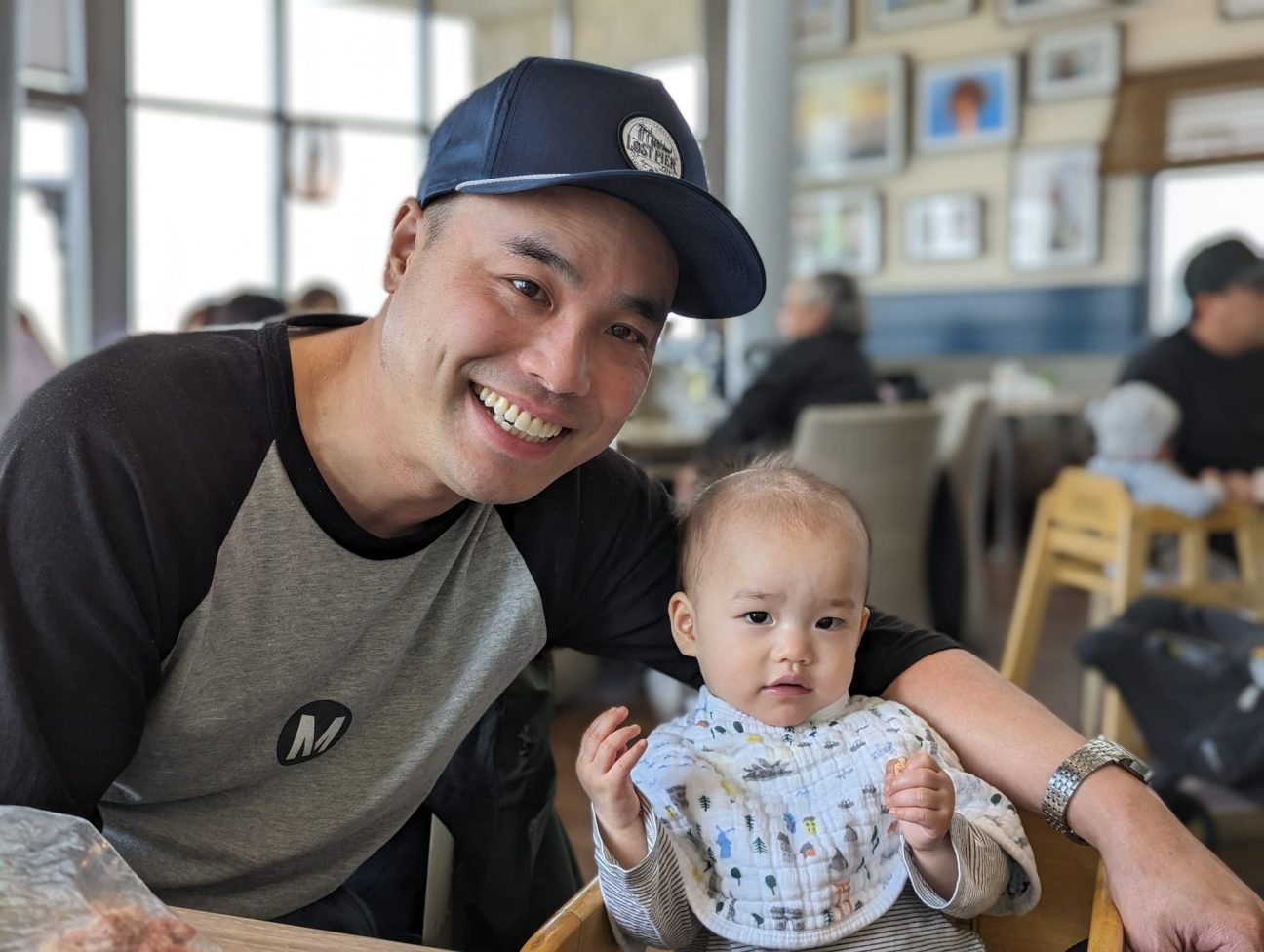
What are your hopes for the future of the planning profession?
The work to maintain, enhance, and expand human settlements will always require the efforts of people who can dream big, take care of the details, and create space for more voices around the table. The planner will remain a central figure in the project of human settlements. What I hope is that the planning profession, whether public or private practice, will continue to move forward and reflect the diversity of people who live in Canada’s cities and towns. A greater degree of diversity will enrich the profession and the outlook of the places we cherish the most.
What are a few of your favourite places?
Living In Vancouver, I am incredibly grateful for the legacy network of neighbourhood parks. These multipurpose greenspaces provide a welcome respite from urban noise and pollution. On the other end of the urban spectrum, I will always be enthralled by Chicago’s skyscrapers – the classic symbol of bombastic capitalism and architectural splendor.
Which person has most inspired your work in planning?
Lewis Hopkins’ Urban Development: The Logic of Making Plans is one of the few urban planning books that still inspires, informs, and challenges my view of planning even after two decades since I first read it. To describe the book as densely written would be an understatement. I encourage current practitioners and students of planning to give this book a try. It will surely challenge long held beliefs about what plans are, what plans can do (and should do), and the relationship with collective choice. In the end, planners would do well to develop more reasonable expectations for the key symbol of the profession.
Anything else we should know about you?
I love Canadian football. In a nerdy way, football encapsulates so many elements of planning – the preparation of an overall gameplan comprising strategies and tactics; adapting and adjusting the plan as circumstances change during the game; and, standing up a team with the right mix of skills to execute the plan. Go BC Lions!
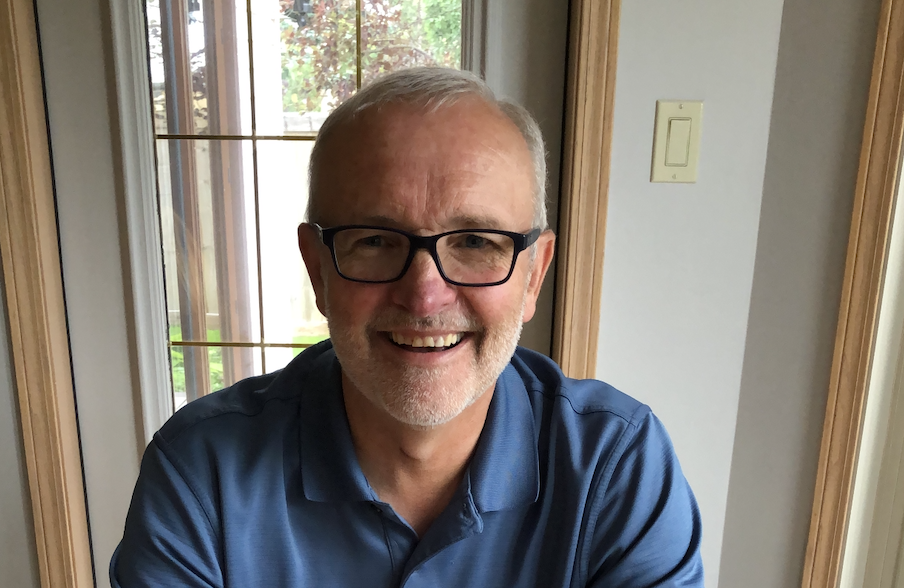
What are your hopes for the future of the planning profession?
I would like to see a planning world where planners feel safe executing their duties. I would like to see a planning world where planners moderate the inherent imbalances of power in settler colonial legislation.
What are a few of your favourite places?
In Edmonton and area, my favourite places are Borden Park, the North Saskatchewan River Valley, Millenium Place in Strathcona County, and at our cabin at Floatingstone Lake near St. Paul Alberta. Outside of Canada, my favourite places are Stanley Park in Vancouver, Central Park in New York, the Public Gardens in Halifax, Hasenheide and Tempelhof Parks in Berlin, and Vondelpark in Amsterdam.
Which person has most inspired your work in planning?
My mentors helped me understand the importance of linking parks planning to park service operationalization, and visa versa. If I were to pick one mentor, it would be Bryce Card, a parks planning and development manager, a landscape architect, who played a key role in the planning and implementation of the Capital City Recreation Park in Edmonton from the 70s until the mid 90s.
Anything else we should know about you?
I have been a long distance runner who has completed four marathons, and ten half marathons. The most important presences in my life are my wife of 40 years Carol, my 30 something inspirations named Amanda and Ryan, and my late brother Don.
Board Nominations Process
The CIP Board of Directors is responsible for overseeing the organization and serving its best long-term interests. To fulfill this role, the Board is expected to bring forward-looking, national, and strategic perspectives to CIP’s strategic plan and policies.
All CIP Directors must meet the minimum set of qualifications if they are to play an integral part in CIP Board decision-making. The CIP Board believes that, collectively, it should have the specialized skills necessary to properly and proactively guide the organization within its legal and ethical responsibilities.
It is important to note, that the CIP Board is primarily a policy-board (rather than a ‘working Board’), and as such, Directors provide an important role in shaping the policy and governance standards of the Institute; whereas, operational management is the primary responsibility of the Chief Executive Officer.